No products in the cart yet. Keep shopping.
Gold Star Recyclers – Vilis Family Bakery
Vili's Family Bakery - Gold Star Recycler “I hate waste!” Vili Milisits, South Australian entrepreneur and owner of the iconic Vili’s Bakery, is...

Get ready Spring is on its way !
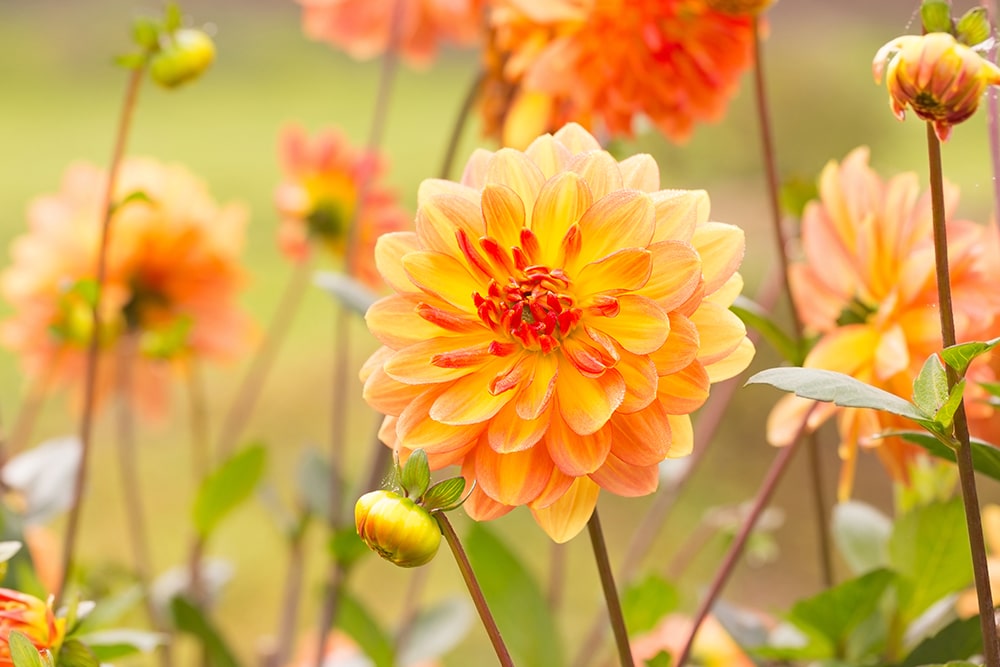
Summer flowering bulbs such as Lilliums, Dahlias, Gladiolus are just 3 of the many varieties that can be planted now for spectacular display, and many can be grown in pots too. We recommend liquid feeding the spring flowering bulbs as they will be well and truly budding up now ready for their spring display.

Enrich your soil with Jeffries Organic Compost which will help with soil structure and moisture retention. Likewise, before the real warm weather sets in, spread mulch around to conserve the moisture that is in the ground. Don’t plant the seeds or seedlings into cold soil, wait for the sun to warm up the ground a bit first.
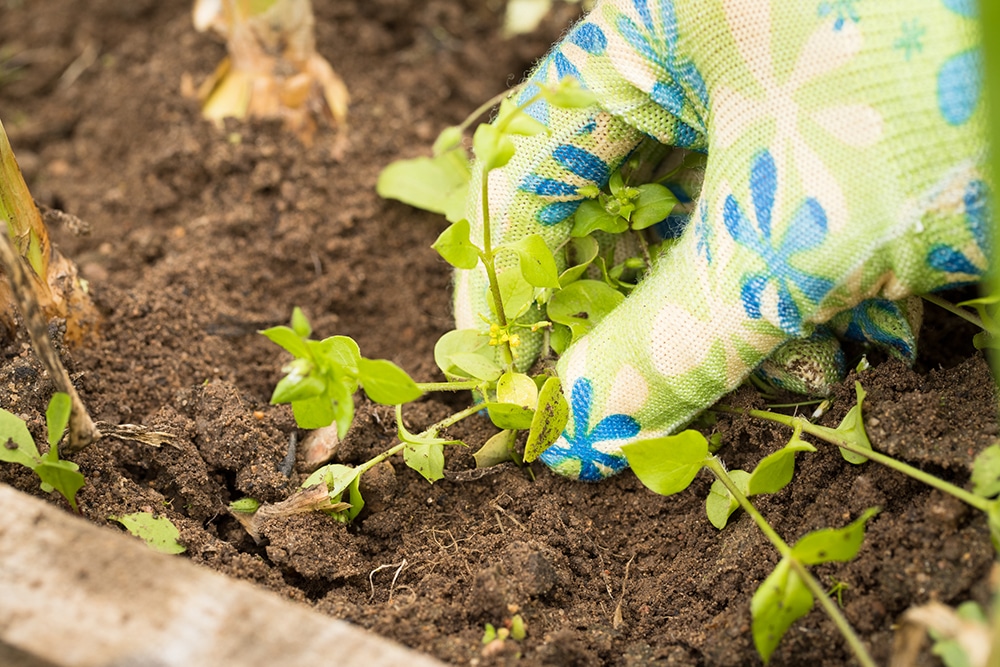
August is the key time for destroying weeds before they get a chance to flower and multiply your problem for next year. Soursobs are best sprayed at flowering time. Lawn weeds should be controlled now so when your lawn shoots away in spring, there won’t be the competition from the weeds.
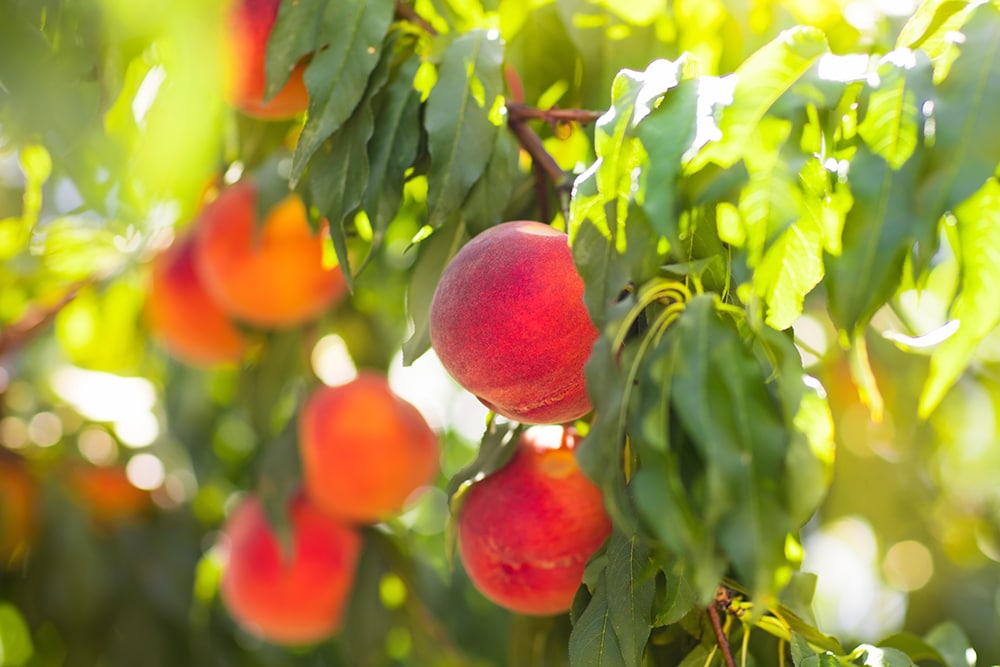
Get ready with a copper fungicide spray to use on your peaches and nectarines as the buds begin to swell and show a hint of colour. This is the critical time for spraying them to control leaf curl.
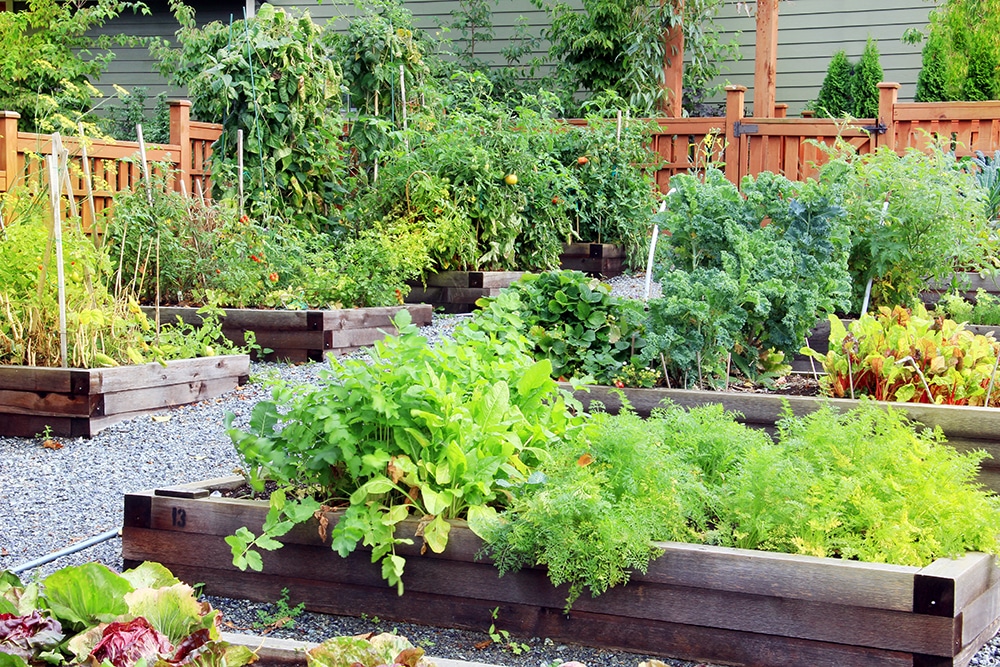
If you have protected warm space in the garden then later in the month you can sow some seeds of your summer ripening vegetables like Tomatoes, Sweet Corn, Pumpkin, Chilli and Capsicum just to name a few. Don’t rush it though wait till later in the month when we’re just that bit closer to spring.

Hurry up and grab yourself bare rooted roses and fruit trees while they’re still available. August is the last you’ll see them in bare root style before they’re potted up ready for spring, summer and autumn sales.
If you noticed any signs of Citrus Gall Wasp try one of the following tips before the wasps start hatching from the galls.
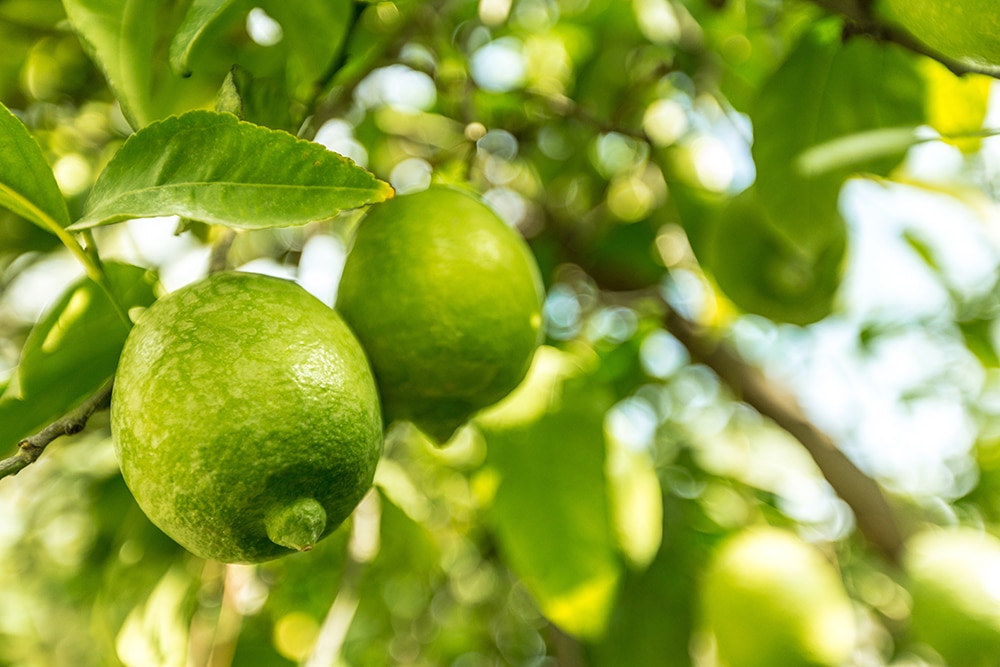
|
|
|
TIP: Too much Nitrogen at this time of year is not recommended as you will produce lots of lovely soft fresh growth that the Citrus Gall Wasps will have a field day laying eggs in.
Vili's Family Bakery - Gold Star Recycler “I hate waste!” Vili Milisits, South Australian entrepreneur and owner of the iconic Vili’s Bakery, is...
Jeffries CulChar is the perfect organic fertiliser for garden beds, lawns and native plants: with the added benefits of our secret ingredient.
Jeffries latest innovation, Jeffries CulChar, is a complete, certified organic, slow-release fertiliser, including essential trace elements and minerals. The inclusion of Jeffries BioChar works together with the organic carbon of the included compost as a long-term soil conditioner. Jeffries CulChar is a very complete and cost-effective nutritional offer that is safe to use in direct contact with plants and their root systems.
Let’s take a closer look at how Jeffries CulChar works and compare how it performs next to other organic fertiliser alternatives.
There’s no denying that Jeffries Organic Compost is a useful soil amendment. Among its many benefits, it improves aggregate formation, porosity,...